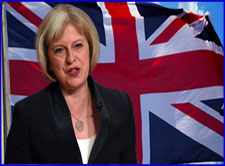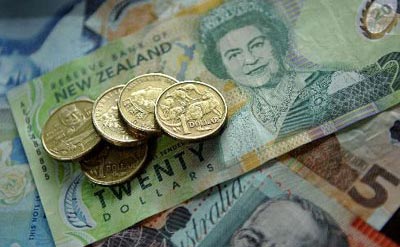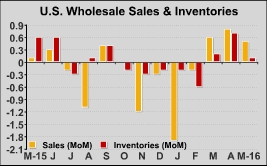Monetary policy easing ”will likely be required over the summer”, said Governor Carney in late June. The question is whether the Monetary Policy Committee will act on Thursday or only in August, after some more time for observation and reflection. We think there is enough evidence to ease policy next Thursday. But the BoE will also want to keep some powder dry for later.
By nature, there cannot be a lot of macro evidence about the fallout of the UK referendum just 2½ weeks after the event. But beyond the signs of stress in the commercial property sector and plenty of micro evidence for slower activity, there is also the first macro evidence. Consumer confidence dropped sharply in early July, and it’s probably not a one off. Moreover, the National Institute of Economic and Social Research estimates that output shrank already in May and June, and it can only be worse in July. So the UK economy could be at the brink of a recession even if GDP data will tell us so only later this year.
The BoE cannot prevent a recession from happening, but it can try to cushion it by easing monetary policy despite the increase in inflation that is likely to happen due to the weaker GBP. Policy makers are probably not too concerned about a weaker pound as it will support export growth.
We expect an increase in the QE programme, our estimate being by GBP 50bn, raising the stock to GBP 425bn. Beyond Gilts, corporate bonds will probably also be included as an attempt to prevent a tightening of credit conditions. The Bank of England’s decision to lower the countercyclical capital buffer for UK banks to zero can also be seen as part of accredit easing policy. A further increase in QE could follow later this year.
The BoE could well also cut the bank rate from the current level of 0.5% but we think this is more likely to happen in August, after a deeper analysis of the inflation outlook that will be presented in the Inflation Report (4 August).
The bank rate has been unchanged at 0.5% since March 2009. In an environment of low visibility it is advisable to act in small steps. Easing too much at this point could send a wrong signal that increases uncertainty and hampers economic activity instead of supporting it.
Copyright © 2016 Nordea, eFXnews™Original Article




